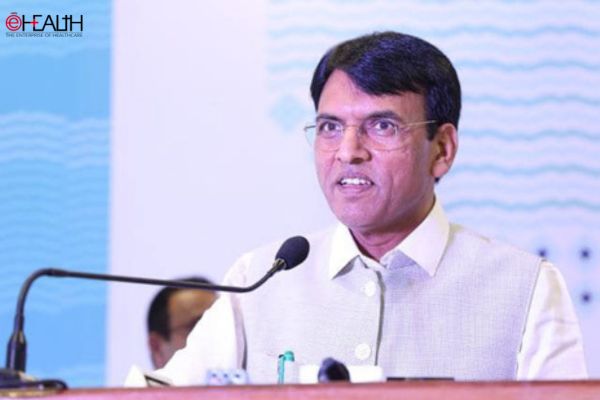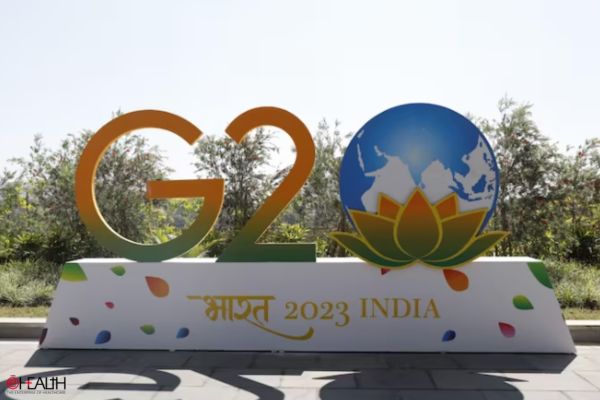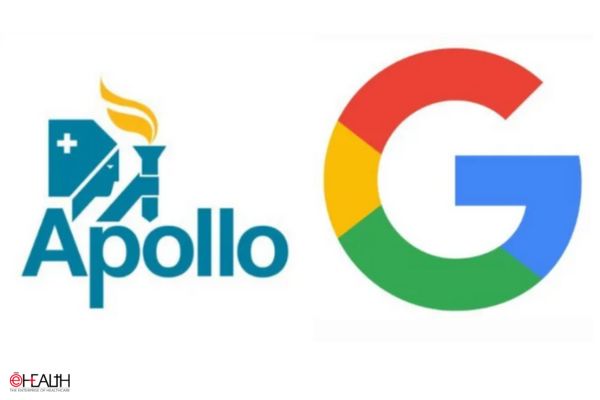eHealth News: June 2009
GE plans to invest $6 billion on healthcare
GE Healthcare, the $17-billion healthcare arm of General Electric launched new, low cost products, aimed at developing markets such as India, as the company seeks to spend around $6 billion on its global strategy to grow its revenues from emerging markets. As part of its 'Healthymagination' initiative, GE will spend $3 billion over the next six years on research and development, provide $2 billion of financing over the next six years to drive healthcare information technology and health in rural and underserved areas, and invest $1 billion in partnerships, content and services. GE has also demonstrated a hand-held ultrasound machine and a bassinet with an overhead heater among products to be manufactured as part of the company's strategy to shift its focus to lower cost products in Washington.
Philips announces the acquisition of Traxtal
Royal Philips Electronics announced that it has acquired Canada-based Traxtal Inc., an innovative medical technology company in the field of minimally-invasive instruments and software for image-guided intervention and therapy. Traxtal's navigation solution functions as a GPS for medical instruments, designed to make interventional radiology procedures more accurate while aiming to reduce contrast, radiation dose and interventional time. Coupled with Philips' strong position in medical imaging, this acquisition enables Philips to become one of the leading healthcare solutions providers for image guided procedures.
Traxtal complements Philips' offering in the area of minimally-invasive procedures. Traxtal's navigation solution displays, during the procedure, the instrument's position, orientation, and trajectory on medical images such as Ultrasound or CT. An example is the radiofrequency ablation of liver tumors during this procedure Traxtal's PercuNav system helps guide and monitor the positioning of the ablation needle towards the center of the lesion.
Ranbaxy looks to rebuild its US business
After facing massive losses coupled with regulatory hurdles in the American market, Ranbaxy Laboratories Ltd has chalked out plans to revamp its US business. For the year, 2009, Ranbaxy has a clear strategy to harness its growth potential in the emerging markets, rebuild the US business through a series of actions on products and facilities. For the quarter ended March 31, 2009, Ranbaxy reported a loss of 153 million dollars, while it posted a 14 per cent decline in its US business at 68 million dollars. The company is taking various actions for minimising its losses. It is also working to increase the capacity of its US-based subsidiary Ohm Laboratories.
In September last year, US health regulator Food and Drug Administration had banned the import of 30 generic medicines manufactured at Ranbaxy's two plants — Paonta Sahib and Dewas – in India. Ranbaxy had indicated that it is looking for acquiring FDA approved manufacturing facilities to shift its products from Paonta Sahib and Dewas.
Merge Healthcare partners with China's health IT provider
Merge Healthcare, medical imaging solutions provider has partnered with Shanghai Kingstar Winning Co., a healthcare IT leader in China. The Merge Healthcare China office will make available clinical imaging solutions and professional services to Kingstar Winning for use by more than 800 hospitals in its install base, as well as future Kingstar Winning customers. The strategic partnership between Merge Healthcare and Kingstar Winning comes at an excellent time for healthcare in China. The Chinese government has announced a new healthcare reform plan, similar to the American Recovery and Reinvestment Act of 200

post_id:
uld_count:
Cookie not set
Value 1: 0
Value 2: 10















